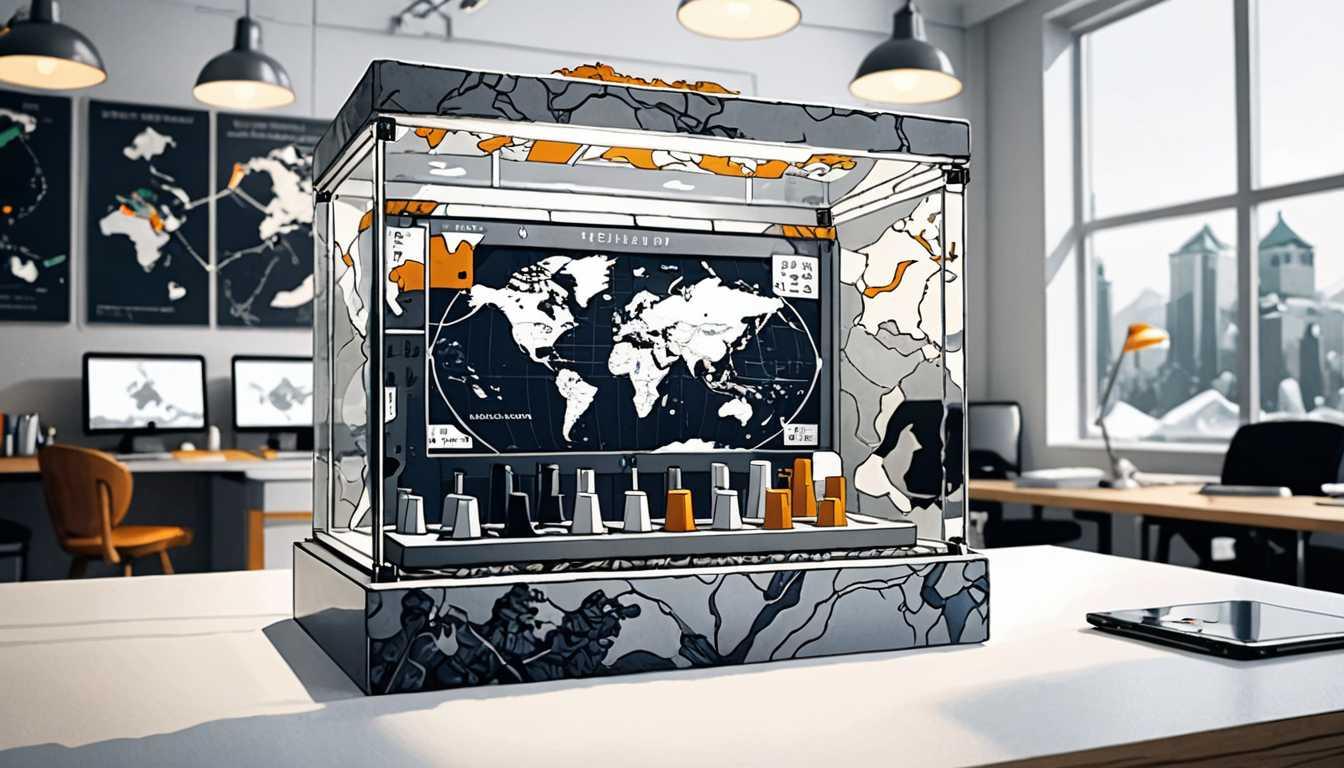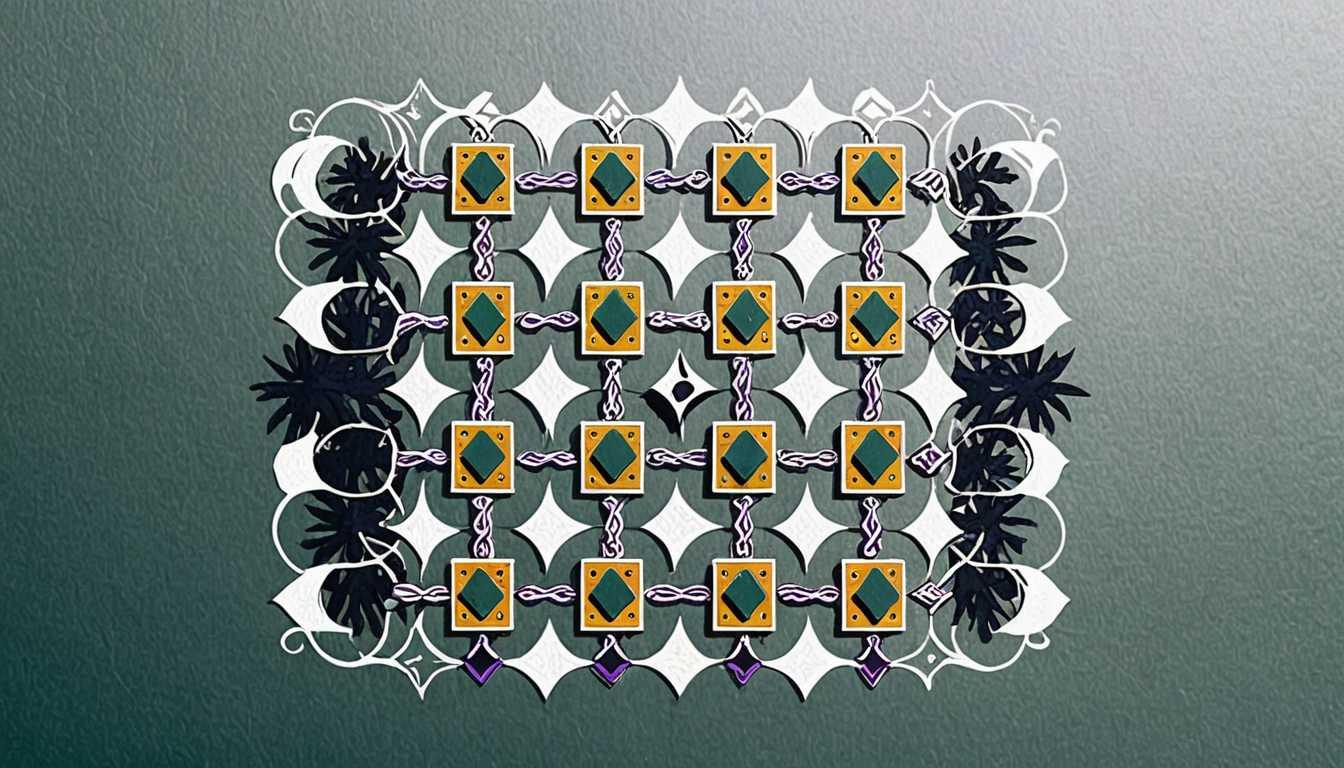Automatons Mimic Human Quirks
July 2023
Cornell University
Introduction
Dive into the curious world where game-playing automatons mimic 'irrational' human decisions! Cornell University researchers have thrown automatons into a poaching game, pushing them to choose between being a cunning rhino poacher or a vigilant ranger. With limited memories, these automatons start acting all too human, making decisions that seem irrational but are actually strategic shortcuts. Discover how this fascinating study sheds light on our own quirky decision-making processes, proving we're all just playing the game of life with the cards we're dealt.
READ FULL ARTICLEWhy It Matters
Discover how this topic shapes your world and future
Unveiling the Mystery of Human Choices
Have you ever wondered why people make decisions that seem totally out of whack? Like choosing heads or tails during a coin toss, or how a game of hide-and-seek between a ranger and a poacher can reveal so much about human behavior? This isn't just about games; it's about understanding the very essence of human decision-making. Researchers have used a game-playing automaton, which is like a computer model, to act out the roles of poachers and rangers, showing us that what might seem like irrational decisions are actually our best attempts within our mental and physical limits. This discovery isn't just cool science fiction stuff; it impacts everything from how we design smarter computer programs to understanding our own quirky behaviors. Imagine if we could predict how people make choices in real life, from shopping to voting! This topic connects directly to you, as it sheds light on why we sometimes make decisions that even we can't explain.
Speak like a Scholar
Probabilistic finite automaton
A fancy term for a computer model that can make decisions based on certain probabilities, kind of like a highly advanced "choose your own adventure" book.
Bounded rationality
The idea that when people make decisions, they do so within the limits of their knowledge and capabilities. It's like trying to solve a puzzle with only half the pieces.
Nash equilibrium
A situation in a game where everyone has picked the best strategy they can, given what others are doing, and no one can benefit from changing their mind. Think of it as a stalemate in chess.
Probability matching
This is when you try to match your choices to the chances of something happening, like guessing heads on a coin toss because it's come up heads more often before.
Overweighting significant results
Giving too much importance to big events or outcomes. It's like avoiding a street where you once got a speeding ticket, even if it's the fastest route.
Computational limitations
The boundaries of what a computer (or human brain) can calculate or remember at any given time. Imagine trying to do a massive calculation in your head without paper or a calculator!
Independent Research Ideas
Exploring decision-making in video games
Investigate how players make decisions in complex video games and what this can tell us about human psychology and problem-solving strategies.
The impact of memory on choices
A study on how much our memory (or lack of it) affects the decisions we make every day, from what we eat to how we study.
Artificial intelligence and human behavior
Design a project to compare decisions made by AI in simulations to those made by humans in similar scenarios. What does this tell us about the way we think?
The psychology of risk
Look into how people perceive and take risks in different situations, such as sports, investing, or even choosing what to study.
The role of emotions in rational decision-making
Can emotions actually help us make better decisions, or do they just get in the way? This project could explore how feelings impact our choices, using games or simulations for experiments.
Related Articles

AI’s Minecraft Mapping Adventure Unleashed!
July 2024
Caltech - Research News

Neurons Unleashed: Worm's World
August 2023
Massachusetts Institute of Technology (MIT)

Forecasting the Future: AI Meets Weather Science
July 2024
MIT Technology Review

AI Adventures in Minecraft: The New Frontier
November 2024
MIT Technology Review

Resistor Revolution: Rethinking Machine Learning Circuits
June 2024
MIT Technology Review